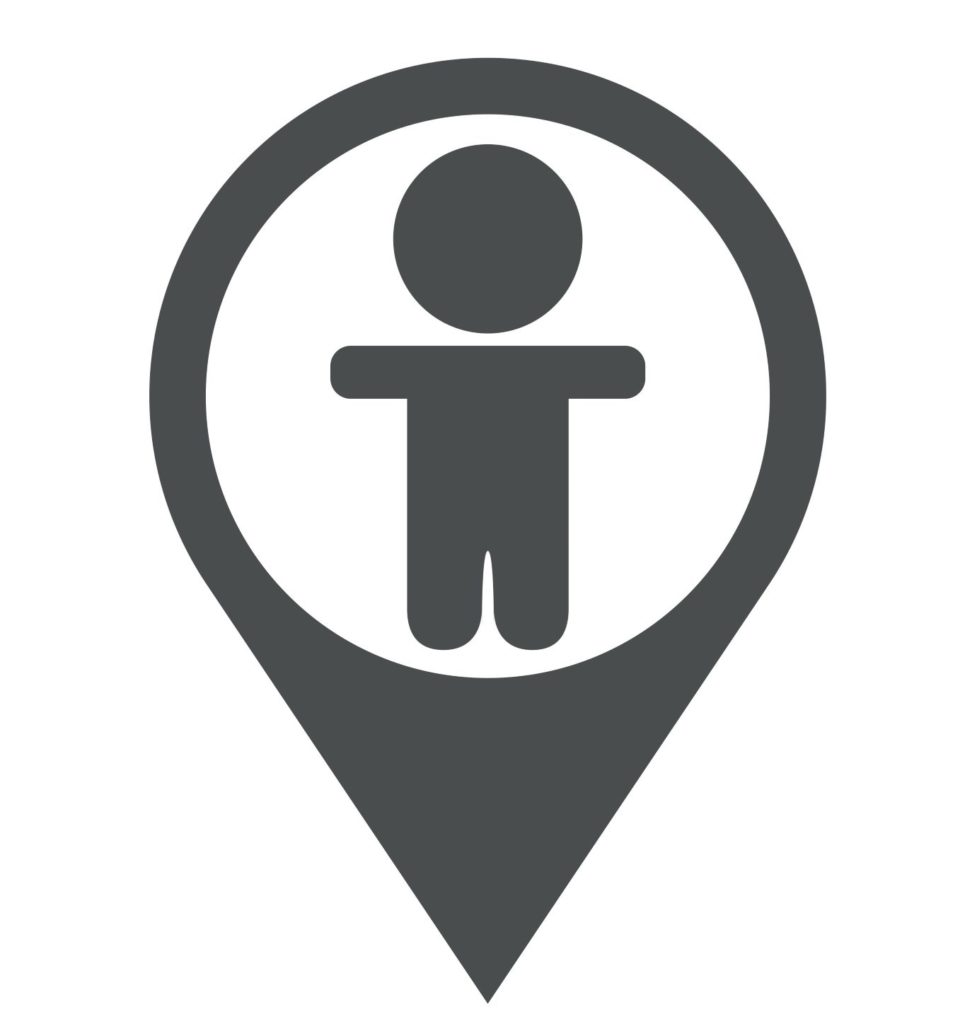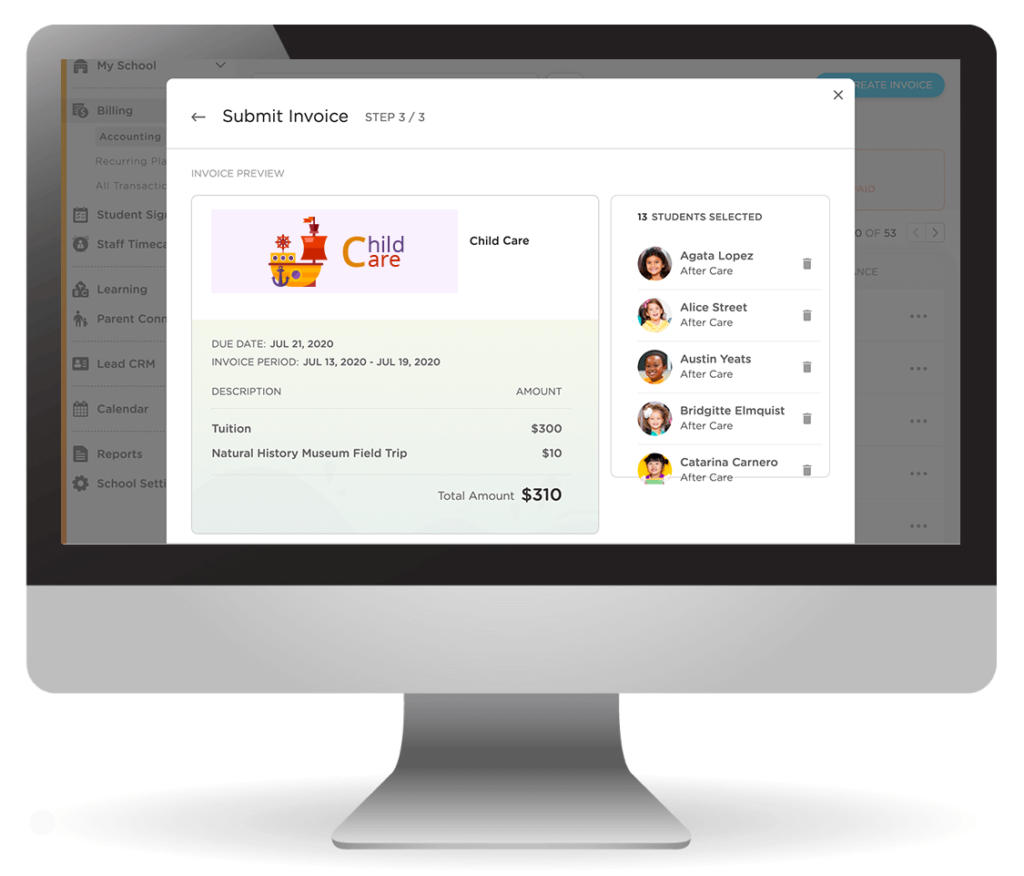
The year is 2021 and there’s never been a better time to start a daycare business in your community.
During the past year, the COVID-19 pandemic caused thousands of child care centers to close their doors – some permanently. This created a child care accessibility crisis that resulted in hundreds of thousands of workers – mostly women – leaving their careers to raise kids at home.
But with vaccines now being distributed across the country and new cases on the decline, we expect the child care industry to make a strong recovery in 2021. And with affordable child care in short supply, we expect anyone opening a daycare this year to find plenty of demand for child care services in their community.
That’s why we’re so excited to share this guide on how you can start a daycare business in 2021. We’ll explain step-by-step how to plan, launch and market a child care business in your community.
Let’s get started!
How to Start a Daycare in 2021

Prepare Yourself For Success
The more time you invest in educating yourself and developing new skills, the better prepared you’ll be to succeed running your own daycare. While you usually won’t need any special education to open your daycare business, you might consider taking courses in early childhood development, business administration, business marketing or even child psychology.
The more you learn, the better you’ll be able to plan lessons that help kids reach their full potential.
Create a Daycare Business Plan
Once you’ve decided that it’s time to start a child care business, the first thing you’ll want to do is create a business plan.
A business plan is a written document that explains the goals of your business and how you plan to achieve them while turning a profit.
Here’s what to include:
- Create a mission statement for your child care.
- Outline your child care philosophy and values.
- Decide what kind of child care to open – will you operate in a center, or in your family home?
- Research other child care businesses in your community – what can you learn from them? What will you do differently?
- Create a budget for launching your daycare operation.
- Decide what services you will offer and how much you plan to charge.
- Create a plan to market your business in the community.
- Set financial goals for your business.
Creating a daycare business plan helps you establish a vision for how your business will earn money by providing services to your community. It also allows you to clarify details about your business, including where you will operate, what services you will provide and how much you will charge.
Research Grants, Loans and Tax Credits
Starting a daycare business can cost as little as $500 or as much as $50,000, depending on the location you choose and the specifics of your business plan.
Don’t have cash in hand? No problem – there are other ways of obtaining funding to get your business off the ground.
Start by researching small business grants and tax credits, both from your state and from the Federal government. You can also look into a small business loan to help you launch your business.
Find a Great Location for Your Daycare

Location plays a major role in the success of your child care operation.
You’ll want to pick a location that’s easy for families in your community to access. Setting up your child care in a neighborhood with schools, or near a big employment center, is a great way to make your child care services more convenient for parents.
You can also check out this digital map of American child care deserts, which could help you identify an underserved community with high demand for child care services.
Once you’ve chosen a location, you’ll need to consult with your local and state zoning offices to find out whether the location you want is properly zoned for a child care center.
Read Child Care Rules and Regulations
Once you’ve settled on a location, it’s time to get familiar with the child care rules and regulations that apply in your area.
As a daycare operator, you’ll need to fully understand and comply with the child care rules and regulations in your state to obtain your child care license and remain in good standing with your state regulatory agency.
You’ll learn about things like:
- Staff-to-child ratios and group size requirements
- State learning and curriculum guidelines
- Required health and safety training for child care providers in your state
- Recordkeeping requirements for daycares
Apply for a Child Care License
Child care licensing requirements vary from state to state – but you’ll generally need a child care license before you can legally operate a daycare.
To apply for a license, you’ll need to contact the regulatory agency in your state that administers the child care licensing process. In most cases, you’ll get connected with a case worker who will help you navigate the application process and achieve compliance with local child care laws.
You’ll also need to complete background checks, obtain a health evaluation and complete required training for child care providers as part of the application process.
Get Insurance for Your Daycare Operation
Whether you’re opening for home-based or center-based care, you need insurance to protect your child care business from the unexpected. Several types of coverage are available for daycares, including (but not limited to):
- Property – coverage for your building, equipment, electronics and other property
- Crime – provides coverage in case your business is the victim of a crime (theft, fraud, etc.)
- Liability – protects your business from lawsuits for physical injuries, property damage and other types of liability
Purchase Furniture, Equipment and Supplies

Once you’re adequately insured, it’s time to purchase the furniture, equipment and supplies you’ll need for your child care space.
Be sure to create a detailed floor plan for your child care space so you can purchase exactly what you need and avoid wasting money. Remember to budget for:
- Tables and chairs
- Activity stations
- Toys and books
- Wall covering and decorations
- Colorful posters and window decals
- Art supplies
- Cleaning supplies
- Kitchenware
- Outdoor play equipment
- Child care supplies (cots, diapers, sanitary wipes, paper products, etc.)
- Flooring
- Cubbies and storage space
Prepare Your Daycare Business for Opening
Setting up your daycare space might be the most exciting part of opening a new center.
There’s nothing like the excitement of seeing your floor plan come to life as you move in your furniture, set up play areas and decorate your space to make it engaging and stimulating for kids. By the time you’re finished, you’ll be able to look around and imagine kids learning, playing and growing up at your child care center.
When you’re done setting up play equipment and toys, it’s super-important to childproof your space. Check out the room for hazards and take steps to minimize or mitigate any injury risks you can identify.
Hire Amazing Child Care Providers
Depending on how many kids you plan to provide care for, you may need to hire additional child care providers for your daycare business.
Amazing child care providers often come with a strong educational background in child development, as well as some practical experience working with kids. They’re also caring, enthusiastic, organized and great at maintaining relationships with both kids and parents.
Some of the best ways to recruit child care providers for your daycare include:
- Online job boards
- Asking local colleges with ECE programs to refer their recent graduates
- Asking for referrals from parents
- Asking for referrals in your personal network
Establish Standard Operating Procedures for Your Daycare
Standard operating procedures (SOPs) are the policies that your daycare follows when interacting with customers, and the policies targeted toward parents who patronize your business.
They can include policies for enrolling new families, policies for communicating with parents in case of an emergency, policies for protecting sensitive data and a lot more. SOPs should be written and followed to protect your business from liability, set clear expectations for parents and ensure that your employees provide consistent, high-quality care and service.
Employees at your daycare (including yourself) should be trained to follow standard operating procedures at all times while they’re at work.
Market Your Daycare in the Community

Now that your daycare operation is ready to launch, you’ll need to market your services in the community to start bringing in customers.
Here’s how to get started:
- Get in touch with schools near your daycare and ask them to refer parents in your neighborhood who are looking for child care services.
- Add your daycare to Google My Business and you’ll start appearing in local search results and on Google Maps, making your business more visible to families in your area.
- Create a Facebook page for your business and ask friends to share it with families in your community who may be looking for child care services.
- Set up a simple website for your child care center. Make sure to include pictures, highlight what makes your center different, and make it easy for parents to contact you.
- You can find more great marketing tips here.
Open Your Child Care Business
Once you’ve done some initial marketing, it’s time to officially open your daycare!
You may want to put up special decorations to commemorate your opening day and get parents and kids excited to be a part of your business.
From here on, you’ll need to focus on providing wonderful child care experiences, building positive relationships with parents, strengthening your child care community and following the child care laws in your state.
Start Your Daycare in 2021 with Procare Solutions

Procare provides trustworthy and convenient child care software that can help you manage every part of your daycare business.
Our software helps you keep track of attendance and monitor staff-to-child ratios so you can easily comply with state standards. You’ll also be able to automate the child care billing process, digitize child information records for easy access, and engage parents with pictures, videos, daily activity reports and calendar updates.
And with our live customer support, we’re always there to help when you need us.
Ready to start your daycare business in 2021 with Procare Solutions?



